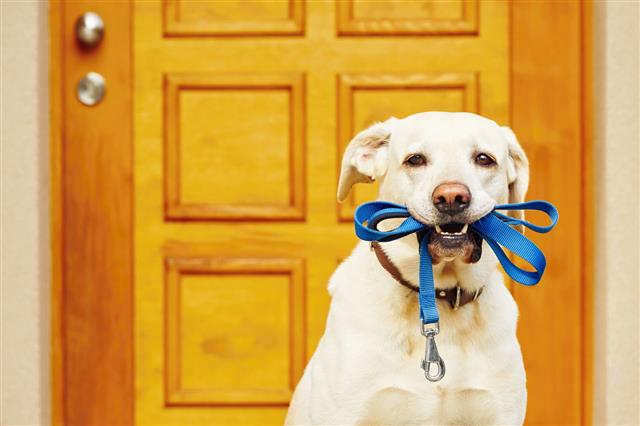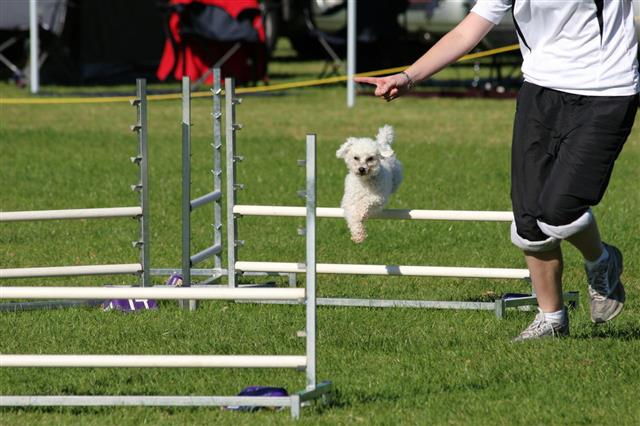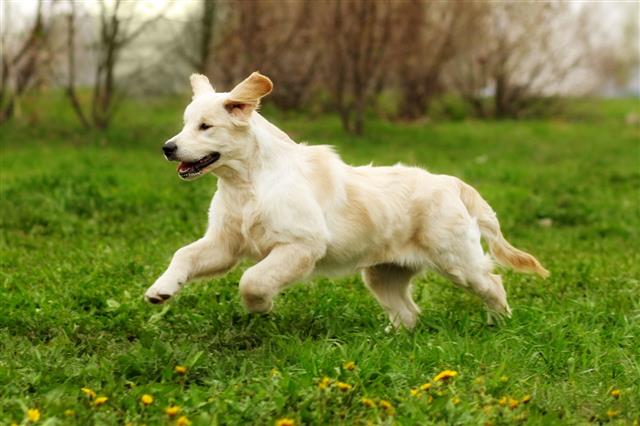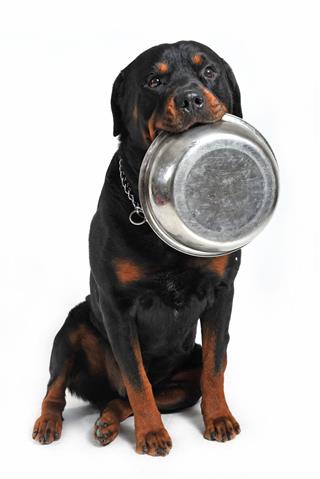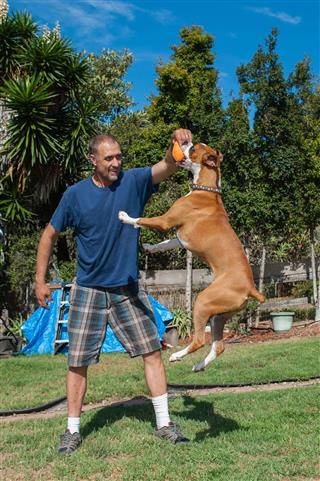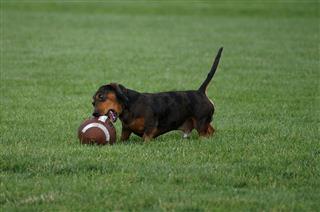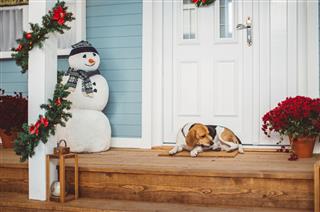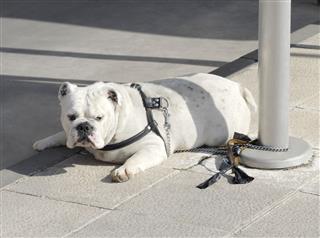
Nearly all dogs are susceptible to constipation, which can be caused due to poor diet plan, lack of exercise, and dehydration.
Constipation is a common medical problem for dogs, especially the older ones. A dog is considered constipated, if it does not defecate for two consecutive days. The causes of irregular bowel movement in dogs are many, of which some include less water intake, dehydration, poor diet, low fiber food, and physical inactivity. It may also be resulted due to feeding of highly processed dog foods for a prolonged duration.
Symptoms of Dog Constipation
As a pet owner, you should take proper care of your dog’s health and should be aware about any abnormal conditions. Any change in the pet’s behavior may be related to underlying diseases. In fact, a dog having defecation problem may appear uncomfortable and show certain signs, which clearly indicate that something is wrong. An obvious sign of canine constipation is frequent visit to the bathroom with little success. Other notable dog constipation symptoms that you should not neglect are listed below.
- Passing very hard stool
- Straining while defecating
- Painful bowel movement
- Swelling and soreness in the anal region
- Abdominal distension
- Difficulty in walking
- Abnormal gait
- Increased whining
- Reluctant to do physical activities
- Loss of appetite
- Mental stress
Very often, a dog may experience difficulty in bowel movement due to inflammation of the large intestine or colon. In such a condition, the pet suffers from increased pain in the abdominal portion. In case of severe constipation and straining, the pet dog may pass blood in small amounts, which is because of blood vessel damage in the colon. At times, bloody and/or watery stool may indicate infection rather than dog constipation.
Treatment of Dog Constipation
A mild constipated dog will recover from the problem without therapeutic intervention. But, if the condition persists for a couple of days, it is always advisable to seek advice of a qualified veterinarian. Dog constipation, if not treated in the early stages may lead to other dog health problems such as indigestion, skin problems, bad breath, body odor, flatulence, and bowel cancer. The veterinarian may prescribe food supplements that contain certain enzymes or chemicals for ensuring normal bowel movement. If necessary, the vet may suggest an enema procedure.
Treatment can be done effectively by changing the regular diet plan. A safe and reliable approach is, feeding your dog raw meat, bran, wheat, pumpkin, sweet potatoes, and fiber rich food. Also, make sure you take a note of your pet’s likes and dislikes. With each passing day, you can lower the amount of regular food. Allow the dog to drink ample water, which will keep the body well-hydrated. While adding dietary fiber, make sure that the amount is increased gradually, otherwise it may worsen the constipation by causing indigestion.
At times, difficulty in bowel movement is caused due to ingestion of bones or other indigestible particles and side effects of medications. Food items that may worsen your pet’s condition are bread, cookies, chocolate, rice, pastries, and ice cream. In other words, you should limit feeding food items that contain flour, refined sugar, dairy products, and protein-rich foods.
If your pet shows no improvement even after changing the diet plan, you can opt for natural laxatives like psyllium husk and mineral oil. Add the laxative to the dog’s food as per the recommendation of the vet. Usually, the amount of laxative depends on the size and overall health of the dog. It may take four to six weeks to regain the normal health condition. As for preventing dog constipation, feed the dog healthy foods, allow it to drink lots of water, and try to maintain a regular exercise regimen.
